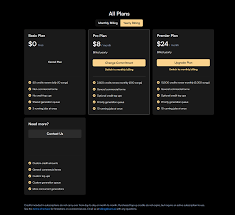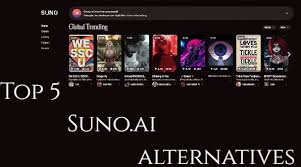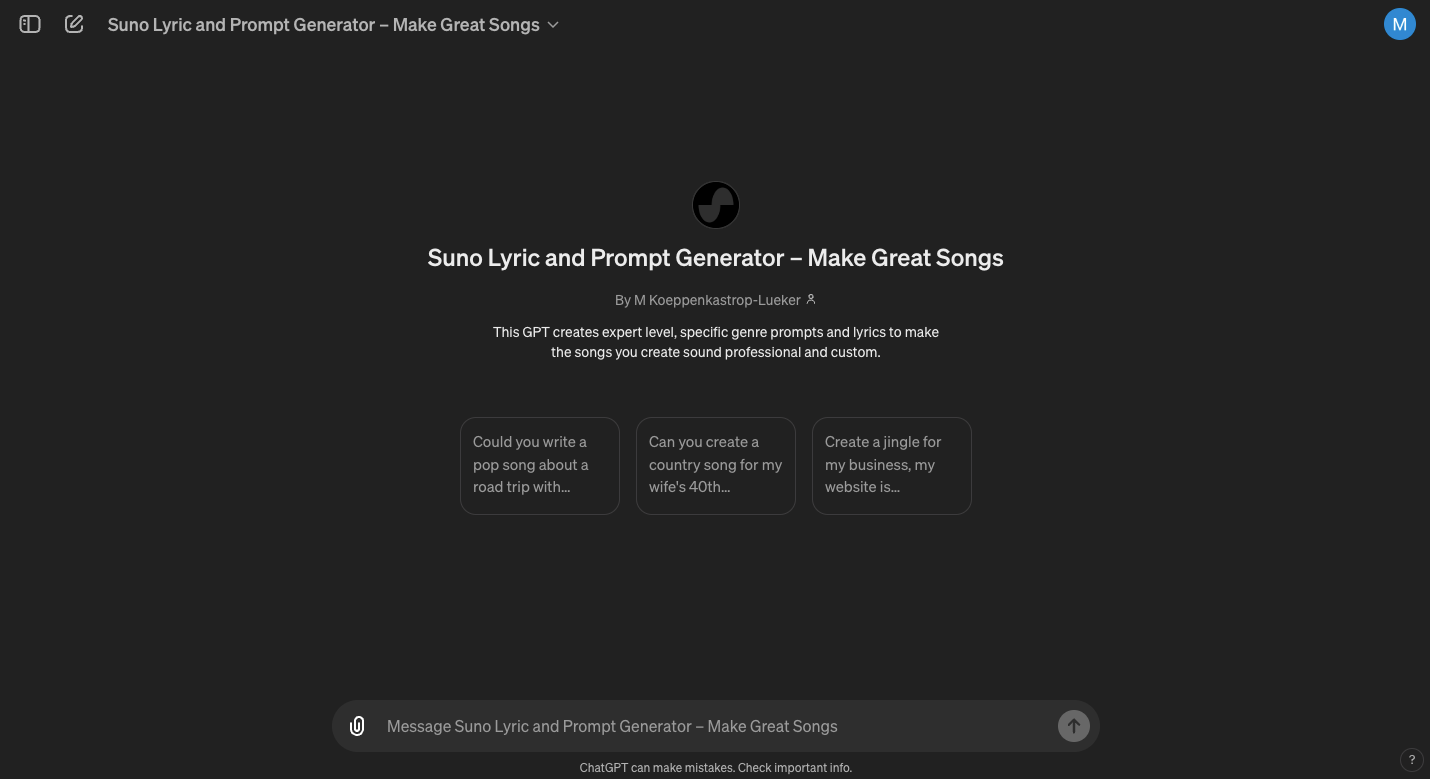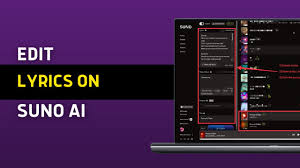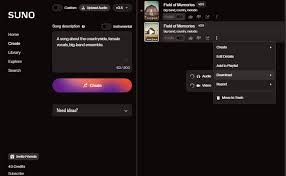AI music is no longer a futuristic concept—it's powering everything from TikTok jingles to background scores in games and YouTube content. If you're a developer, startup founder, or AI music enthusiast building a project, you're probably searching for music generation APIs to automate song creation at scale. But with so many options now in 2025, how do you choose the right one?
This article offers a comprehensive music generation APIs comparison, covering real APIs that exist today, not just theoretical platforms. We'll evaluate the top contenders based on output quality, pricing, genre versatility, latency, licensing, and developer-friendliness.
Whether you're building a mobile app, a web-based beat generator, or a music-focused AI chatbot, this guide will help you find the music generation API that fits your needs best.
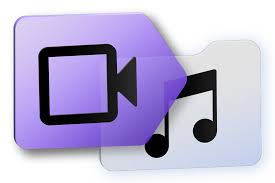
Why Music Generation APIs Are in High Demand
Music generation APIs allow developers to integrate real-time music synthesis into applications. These tools take in inputs such as text prompts, mood tags, or music theory parameters and return fully composed audio, often with vocals, instrumentation, and structure.
In 2025, key use cases include:
AI content creation tools (podcasts, video editors, mobile apps)
Social media platforms generating custom soundtracks
Music learning and practice apps
AI-driven games with dynamic music
Criteria for Comparing Music Generation APIs
When comparing music generation APIs, here are the key evaluation metrics used in this comparison:
Output Quality (musicality, realism, genre accuracy)
API Documentation & Developer UX
Genre Variety and Customizability
Pricing Model
Speed (Latency of generation)
Licensing (commercial use rights)
Real-time capabilities and scalability
Top Music Generation APIs Compared
Let’s break down the most popular APIs in 2025.
Suno AI API
Status: Invite-only / Private beta
Website: suno.com
Overview: Suno has rapidly become a market leader in AI music generation. While its API is currently not publicly documented, enterprise and experimental users have been granted access through private onboarding.
Pros:
Generates vocals + instrumentals
High production quality (similar to Spotify-grade)
Style tags and structured verses/choruses supported
Cons:
No official public SDK or developer dashboard
API access not guaranteed for all users
Best for: SaaS music platforms, startups with private beta partnerships
AIVA API
Status: Public
Website: aiva.ai
Overview: AIVA offers an established API focused on classical and cinematic composition. You define emotional tone and structure, and AIVA composes orchestral-style music.
Pros:
Excellent for film scoring, meditation apps, ambient games
Long-form compositions with structured dynamics
Strong documentation and export flexibility (MIDI, WAV, MP3)
Cons:
Lacks support for vocals
Limited pop or modern genre coverage
Best for: Developers needing emotion-driven instrumental scores
Loudly API
Status: Public
Website: developers.loudly.com
Overview: Loudly provides music generation with a focus on modern commercial genres like EDM, hip hop, and trap. It offers real-time beat generation and remix capabilities.
Pros:
Over 100,000 stem samples licensed
Generates loopable music and intros/outros
Ideal for TikTok, IG Reels, mobile video apps
Cons:
Vocal generation is not supported
Output may sound overly “stock” at times
Best for: Social video app integrations and content repurposing tools
Mubert API
Status: Public
Website: mubert.com
Overview: Mubert specializes in infinite generative music, making it ideal for streaming apps and productivity platforms.
Pros:
Supports streaming real-time generated music
Royalty-free commercial use with license
Several mood/genre inputs (focus, chill, dark, etc.)
Cons:
Not suitable for users looking for structured songs with verses and choruses
Minimal control over musical narrative
Best for: Meditation apps, focus music tools, continuous streams
Soundful API
Status: Public (with application)
Website: soundful.com
Overview: Soundful provides high-quality, royalty-free AI music generation in popular genres such as lofi, house, and cinematic.
Pros:
Royalty-free tracks ready for YouTube and Spotify
Easy to integrate API for single-click generation
Quality sound mastering for commercial use
Cons:
Currently no vocal synthesis support
Prompt customizability is limited
Best for: Background music generators, branded content apps
Comparison Table: Music Generation APIs at a Glance
| API Provider | Supports Vocals | Genres Covered | Real-Time? | Commercial Use | Public API? | Pricing |
|---|---|---|---|---|---|---|
| Suno AI | Yes | Pop, K-pop, EDM, more | No | Limited (invite-only) | No | N/A |
| AIVA | No | Classical, film, ambient | No | Yes | Yes | From $15/mo |
| Loudly | No | EDM, Hip-hop, Trap | Yes | Yes | Yes | Freemium |
| Mubert | No | Ambient, Chill, Dark | Yes | Yes | Yes | From $19/mo |
| Soundful | No | Lofi, House, Cinematic | No | Yes | Yes | From $9.99/mo |
Key Takeaways from the Music Generation APIs Comparison
If you need AI vocals and full songs, Suno AI (via private access) is your best bet.
For cinematic or emotional instrumentals, AIVA remains the most structured and musically complex option.
For loop-based, short-form content, Loudly and Mubert shine.
If your focus is royalty-free YouTube background tracks, Soundful is budget-friendly and polished.
Each API serves a different audience. The key is aligning your app or business’s music needs with the right provider, rather than looking for a one-size-fits-all solution.
Real-World Use Cases
EdTech platforms use AIVA to score background music for storytelling lessons.
Wellness apps embed Mubert for infinite focus music.
Social content creators use Loudly to create video background loops instantly.
Game devs use Soundful to dynamically insert ambient music into levels.
Conclusion
Choosing the right music generation API in 2025 depends heavily on your product’s needs—whether it's short-form loops, emotional orchestration, or full-fledged vocal songs. While Suno AI offers top-tier outputs, access remains limited. Meanwhile, public APIs like AIVA, Loudly, and Mubert provide reliable, commercial-ready solutions that scale with your app.
Always consider your licensing needs, genre requirements, and UX expectations before integrating an API into your project.
FAQs
Q1: Which API supports AI vocal generation?
Only Suno AI currently offers vocal + instrumental generation at high fidelity, but it’s not publicly accessible yet.
Q2: Are music generation APIs safe for commercial use?
Yes, but always double-check the licensing terms. Platforms like Mubert and Soundful offer royalty-free commercial usage.
Q3: Can I use music generation APIs for mobile apps?
Yes. Most APIs are accessible via REST and compatible with iOS and Android development frameworks.
Q4: What is the most affordable music generation API?
Soundful offers entry-level plans at under $10/month, suitable for small projects and indie developers.
Q5: How do music generation APIs differ from AI music apps?
APIs are for developers to integrate into their platforms, while apps like Udio or Boomy are for end-users.
Learn more about AI MUSIC



